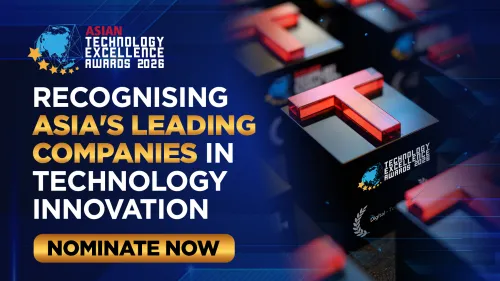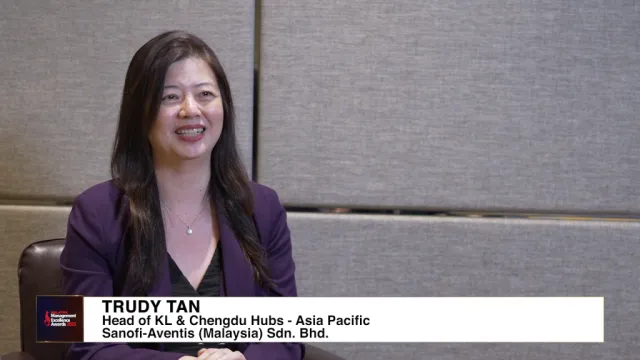
How companies can maximise reskilling initiatives
BCG said companies must adopt an experimental approach to maximise reskilling initiatives.
More than one billion people or 29% of workers globally will find that the demand for their jobs is disappearing by 2030, according to research from the BCG Henderson Institute.
In a report, BCG said companies must adopt an experimental approach to maximise their reskilling initiatives as 61% of companies that spent more than one year in a pilot phase reported a positive return on learning investment (ROLI).
An unnamed automotive player had to run a program three times until it got the learning path right and secured the needed buy-in from the affected managers.
BCG also said that companies must reward employees who embrace reskilling as it improves the chances of having a positive ROLI by about 1.5 times over offering no incentive.
Companies that reported a positive ROLI for reskilling supported employees after retraining them through mentoring, shadow-a-peer programs, and even training their managers.
For example, Amazon’s Career Choice program supports employees by recognising that pursuing a major change needs additional support, hence it partnered with Kaplan to provide career coaching, college counselling, and career services.
Moreover, organisations that allow employees to opt into reskilling programs are about 1.5 times more likely to yield a positive ROLI for reskilling over those that mandate certain employees participate given their function, level, or tenure.
Companies also have a higher chance of a positive ROLI for reskilling when employees advocate for the reskilling program than when it is mandated by the management.
Lastly, companies that ensure the systematic tracking of reskilling KPIs—with regular monthly reviews by the board of directors and senior executives—are more likely to report a positive ROLI.

















 Advertise
Advertise









